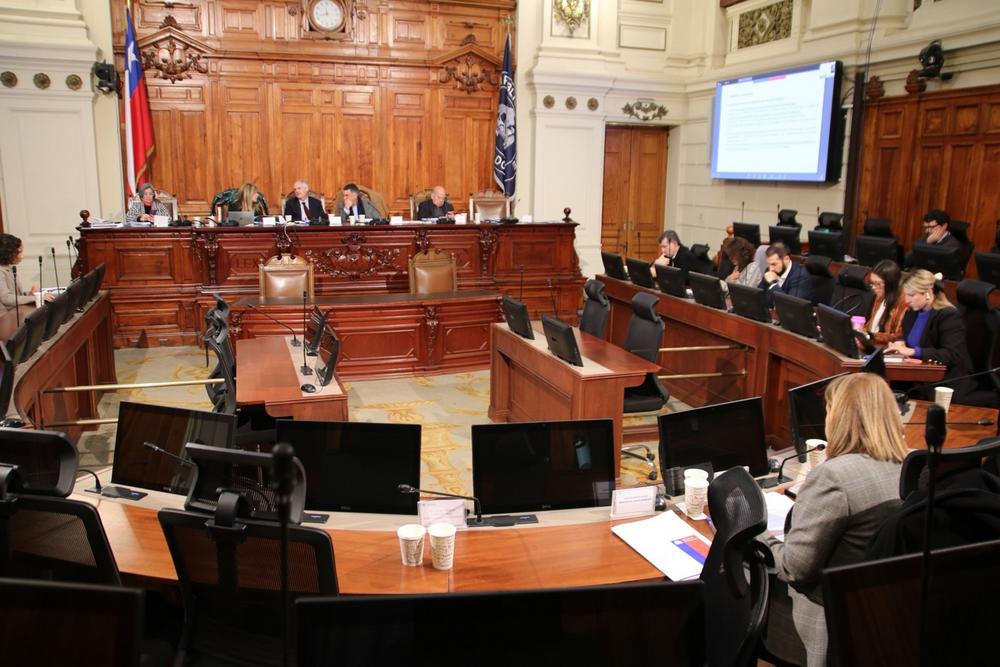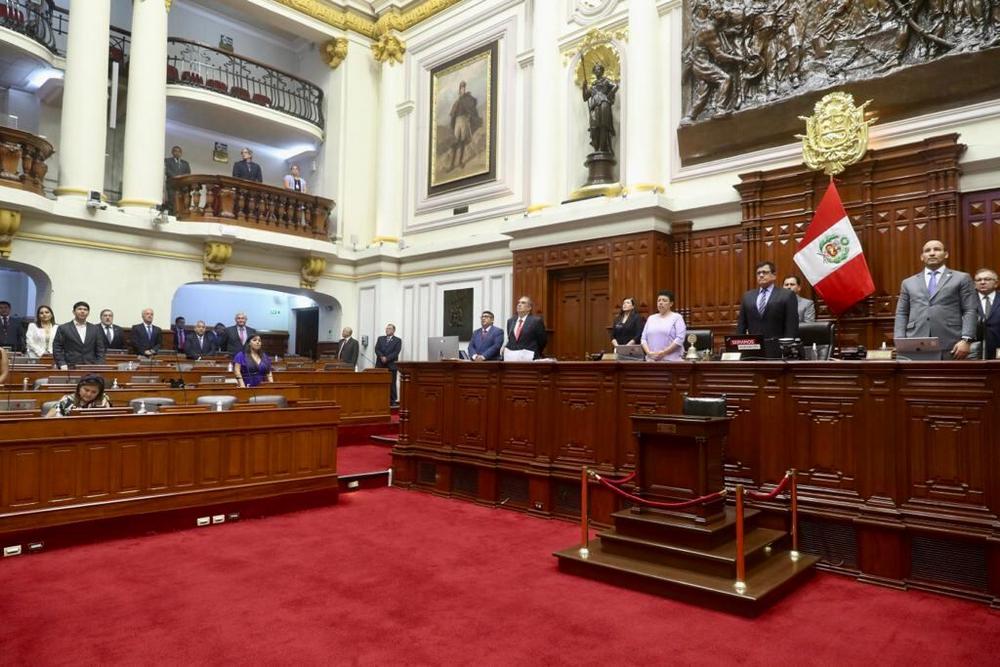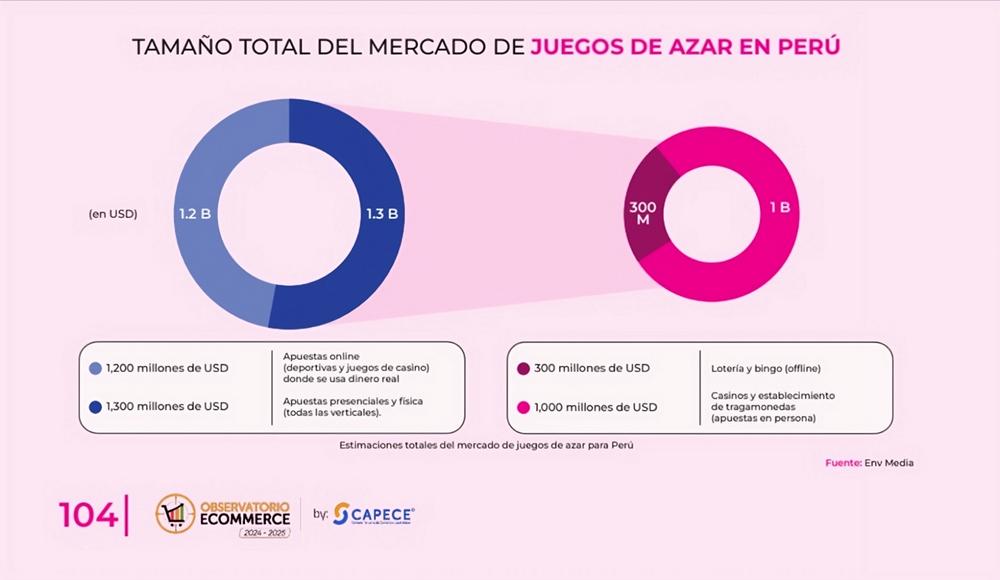As of February 4, 2025, Peru has initiated the enforcement of the Selective Consumption Tax (ISC) on online gambling and sports betting activities. This tax is part of the government's strategy to regulate the burgeoning online gaming sector and ensure appropriate tax contributions from both domestic and international operators.
Implementation Details
The Superintendencia Nacional de Aduanas y de Administración Tributaria (SUNAT) has approved the Virtual Form N° 696 - Juegos y Apuestas Deportivas a Distancia e ISC to facilitate the declaration and payment of taxes by companies involved in online gambling and sports betting. This form became available on February 1, 2025, through the SUNAT Online Operations (SOL) platform.
New betting regulation in Peru, here we explain point by point
Tax Obligations
According to Law N° 31557, companies engaged in online gambling and sports betting are subject to:
- Impuesto a los Juegos a Distancia y Apuestas Deportivas a Distancia: A 12% tax on net profits.
- Impuesto Selectivo al Consumo (ISC): A 1% tax on each transaction made by users on these platforms.
Compliance Deadlines
The first tax period under this new regulation corresponds to January 2025. Companies are required to submit their tax declarations and payments according to the schedule established by SUNAT. For many taxpayers, the deadline for declaring and paying January obligations is February 15, 2025.
However, specific deadlines may vary depending on the taxpayer's classification and the SUNAT schedule. It is essential for companies to consult the official SUNAT calendar to ensure timely compliance.
Compliance Status
As of this date, SUNAT has not publicly disclosed detailed information regarding the compliance status of individual companies. Therefore, it is not possible to confirm which companies have fulfilled their tax obligations for January 2025. Companies are encouraged to comply promptly to avoid potential penalties.

The implementation of the ISC has generated diverse reactions within the industry. Some experts have raised concerns about potential legal inconsistencies in the application of the ISC to online betting, suggesting that the tax may be challenging to enforce due to regulatory ambiguities.


















































